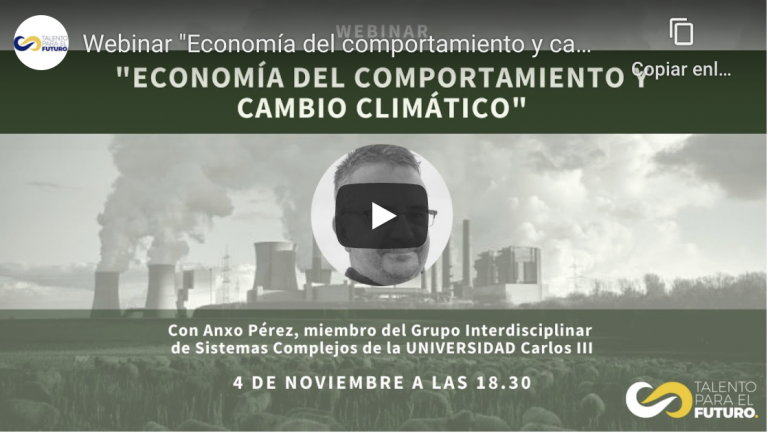A year ago almost to the date, I had started to update this blog as it had been silent for a while, and I did it by summarizing all the activities I had done during that long period (Long time no see). By May 2023, I had written several posts and the again my activity in the blog ground to a halt. My last post then was about a new paper on the relation between culture and the structure of social relationships. This was a really auspicious choice of topic, as nine months later I write a new post to let everybody now about the new grant I got to study this issue.
A few days ago I got word that my proposal on "Mapping Cultural Diversity through Personal Networks" had been selected for funding by the new Fundamentos program of Fundación BBVA. This is a newly established program giving out fairly generous grants but very limited: only one per each one of the five areas of study they consider. And they selected my grant to be the one for Social Science, which makes very, very proud and happy about my interdisciplinary career as researcher in Complex Systems. Of course, by no means it is my merit only: success came because of the awesome team involved, which includes José Luis Molina (UAB) and Christopher McCarty (U Florida) as co-PIs, and truly excellent researchers like Angel Cuevas and Rubén Cuevas at my own university.
I will post about this project often for the next three years (let's hope so!) but for the time being I'll just give you a glimpse of what the project is about (beyond extending the work we already did in the paper mentioned above) by quoting a paragraph from the application: "This research aims to explain the co-variation of cultural and structural dimensions, combining worldwide cognitive, behavioral, and archive data (survey, traces, and HRAF respectively). As far as we know, this research represents a novel and innovative approach to the understanding of human societies, offering a promising avenue for future cross-cultural studies. We expect to significantly contribute to several fields, including anthropology, psychology, sociology, network science, and computational social science." Already looking forward to start working on this!
PS. I'm doubly happy about this call because the grant on the Bio area went to my former Ph D student and good friend Saúl Ares, who will be studying the physical basis of cell division in minimal and synthetic cells. This speaks also of his own interdisciplinary career as he, like myself, is a physicist. So two out of five grants have come to our research group, GISC, which is a tremendous achievement!

